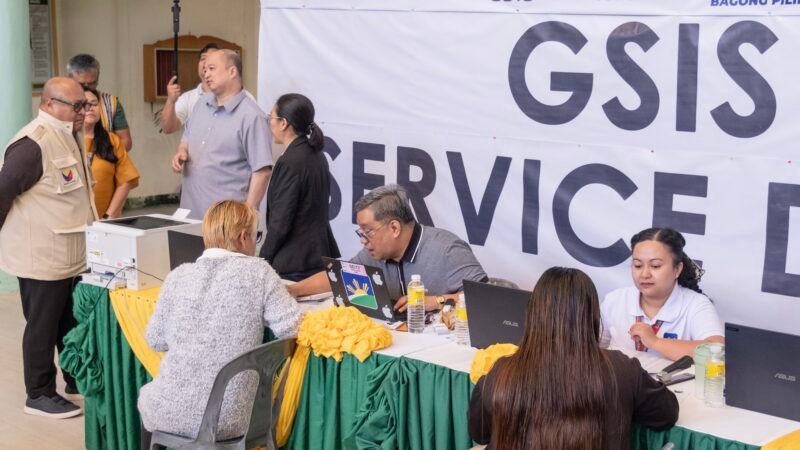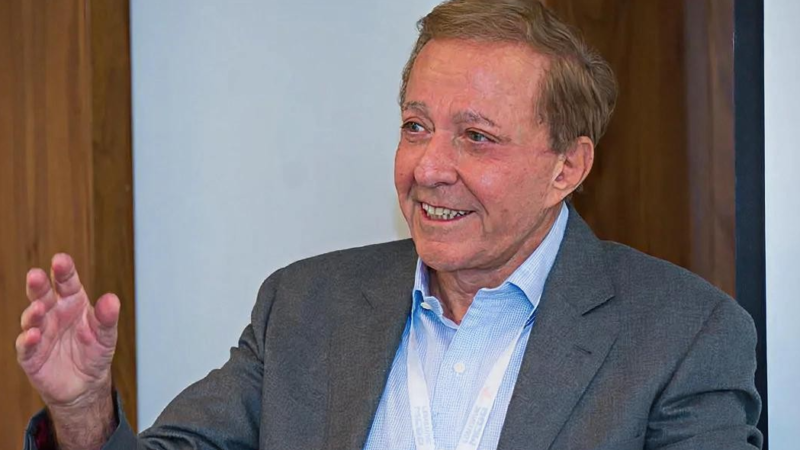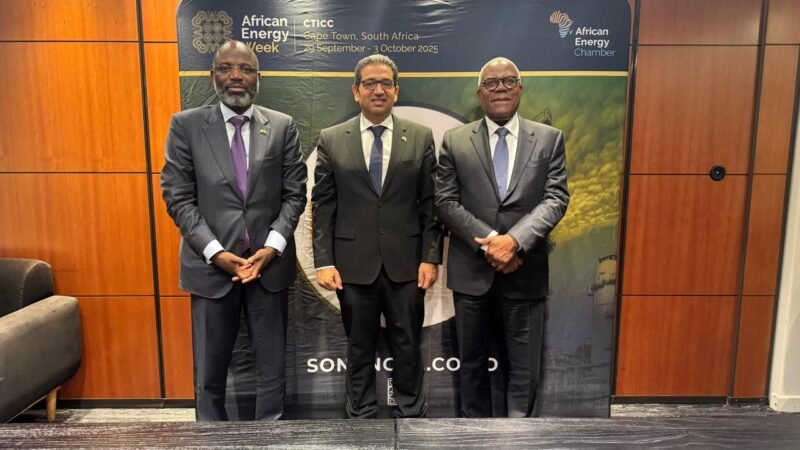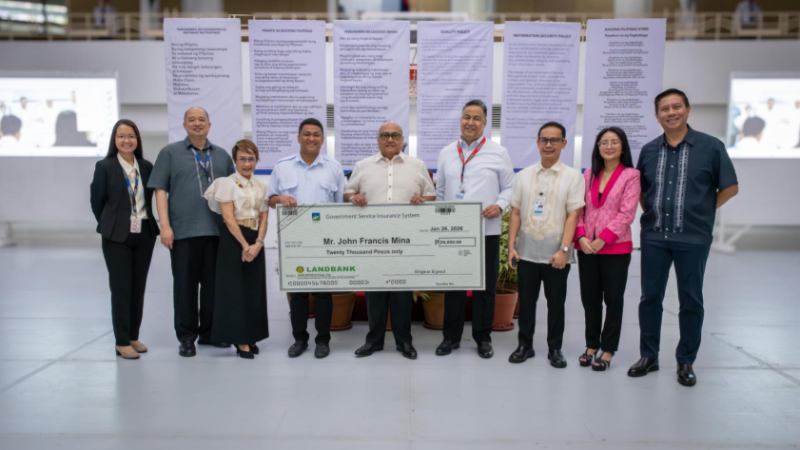Civil society criticizes ADB energy policy review for failing climate and human rights tests
Civil society warns that even a decade after the Paris Agreement, the Asian Development Bank’s 2025 Energy Policy Review falls short on climate and human rights. On Friday, November 21, 2025, the NGO Forum on ADB Network and allies released a scorecard. They concluded the Bank “failed the test” on climate leadership, human rights protection, and public participation.
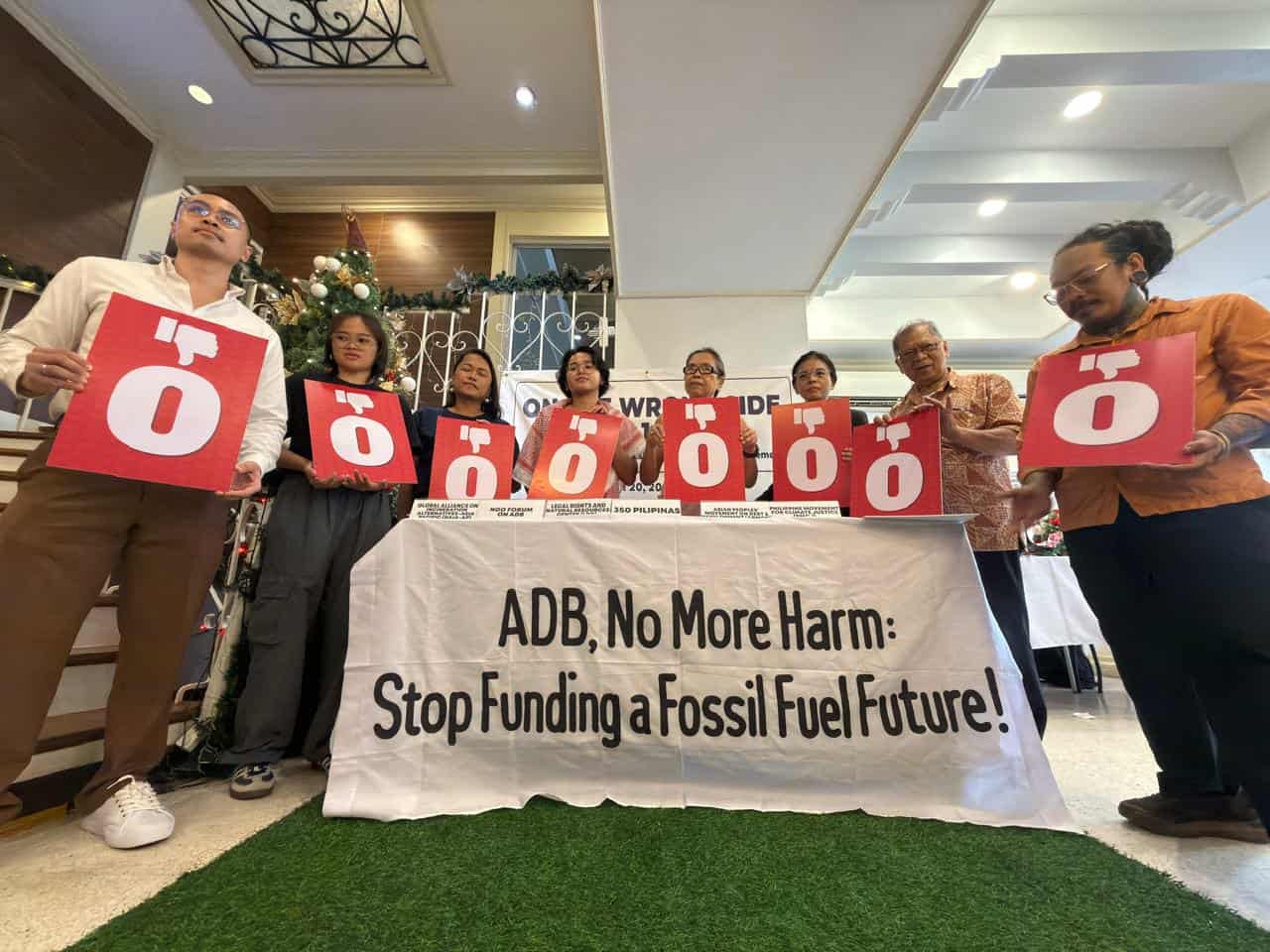
Policy gaps and fossil fuel dependence
In countries like the Philippines, Typhoon Ragasa displaced nearly four million families in 2025. The climate crisis is immediate. Forum and partners say ADB violated its Access to Information Policy.
Key documents were disclosed late. Consultations were brief and selective. Feedback was poorly integrated.
The amendments favor corporate and extractive interests. Fossil gas remains a “transition fuel,” allowing new exploration and pipelines. Loopholes in the coal ban persist.
The Energy Transition Mechanism risks prolonging coal use. Mining under the Critical Minerals for Clean Energy Technologies program threatens Indigenous communities. Nuclear financing is also under consideration. False solutions like coal co-firing, Waste-to-Energy, and large hydropower projects remain.
Human rights and climate justice concerns
The draft policy lacks binding commitments to human rights due diligence. It also ignores protection of environmental defenders, gender justice, and Free, Prior, and Informed Consent (FPIC). Past ADB projects caused displacement, land conflicts, and gendered harms.
Over 100 civil society groups evaluated ADB projects. They scored zero for pipelines through Indigenous lands, opaque financial intermediary lending, and promotion of nuclear and extractive projects while claiming climate leadership.
The Forum calls on the ADB Board to reject the draft policy. They demand a transparent review through 2026 and closure of coal loopholes. A phaseout of fossil gas, rejection of nuclear and extractive initiatives, and an end to false solutions are required.
Binding human rights and just transition principles must be integrated. Full alignment with the 1.5°C pathway and a complete fossil fuel phaseout by 2030 is essential.
